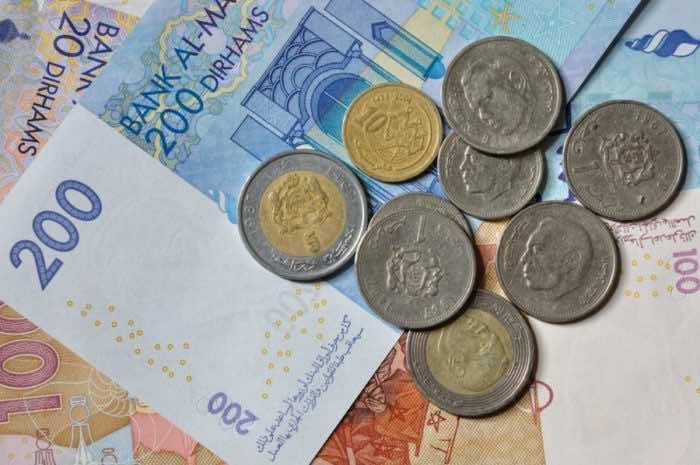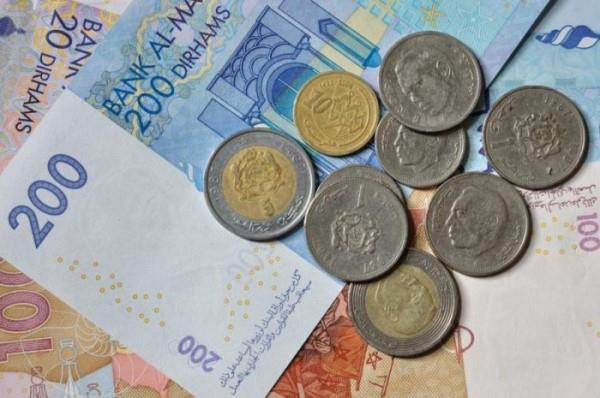
Morocco's Currency Liberalization to Continue at Managed Pace: Report
 Rabat- In its latest economic analysis report, BMI Research asserted that Moroccan authorities will remain committed to maintaining the country's currency liberalization, which will only happen very gradually to avoid a rapid depreciation of the dirham and associated imported price pressures.
Rabat- In its latest economic analysis report, BMI Research asserted that Moroccan authorities will remain committed to maintaining the country's currency liberalization, which will only happen very gradually to avoid a rapid depreciation of the dirham and associated imported price pressures. After Morocco's Ministry of Finance officially announced the dirham liberalization a few months ago, the move has prompted public fears of a similar scenario to that of Egypt.
In this sense, BMI Fitch Group Firm, echoes reassurance from Bank Al Maghrib, stating that Morocco's move to liberalize its currency sharply contrasts with Egypt's situation in November 2016, when economic pressures forced the government to suddenly release the currency peg, causing a sudden spike in the price of imported goods.According to the firm, Moroccan authorities are in a much stronger position, thanks to a gradual, proactive approach to currency liberalization.
BMI's report noted that Morocco's first step in currency liberalization did not significantly weaken reserves, which stood at USD 25.7 billion in February, corresponding to 6.3 months of imports. It added that the decision to liberalize dirham underwent preparations for several quarters and occurred only when reserves were deemed sufficiently robust.The Fitch firm believes that Morocco's new flexible exchange rate regime is unlikely to prompt a sharp currency sell-off, stating that international reserves will rise over the coming years as crucial sources of foreign currency, such as tourism revenues and foreign direct investment will see a robust growth.
'We believe short-term risks lie towards a moderate appreciation, which would support the BAM's reserves and further underpin the peg's stability,' the report reads.Gradual Currency Reform
The BMI firm attributes this outcome to Morocco's gradual approach towards a free floating currency, in order to avoid a rapid depreciation of the dirham and associated imported price pressures. The report further notes that 'full liberalisation may not materialise even within our ten-year forecast period.'As BAM governor Abdellatif Jouahri recently stated, the full release of the peg 'could take five to 15 years and it would be conditional on further structural reforms, for instance on boosting exports and cutting the current account deficit.' According to BMI, these reforms will occur only very gradually and when depreciatory pressures are deemed as small as possible.
For BMI, this gradual liberalization comes in line with Morocco's economic ambitions to become an investment hub in the region and to diversify trade away from Europe, as part of its strategy to unlink from the euro zone and reduce its dependency on European markets.Additionally, currency reforms also demonstrate authorities' commitment to attract greater foreign investment and boost export competitiveness, which will drive Morocco into a political impetus to gradually release the peg.
'We believe that the gradual move towards a free float will be positive for foreign investment in the kingdom,' the report concludes.
Legal Disclaimer:
MENAFN provides the information “as is” without warranty of any kind. We do not accept any responsibility or liability for the accuracy, content, images, videos, licenses, completeness, legality, or reliability of the information contained in this article. If you have any complaints or copyright issues related to this article, kindly contact the provider above.






















Comments
No comment